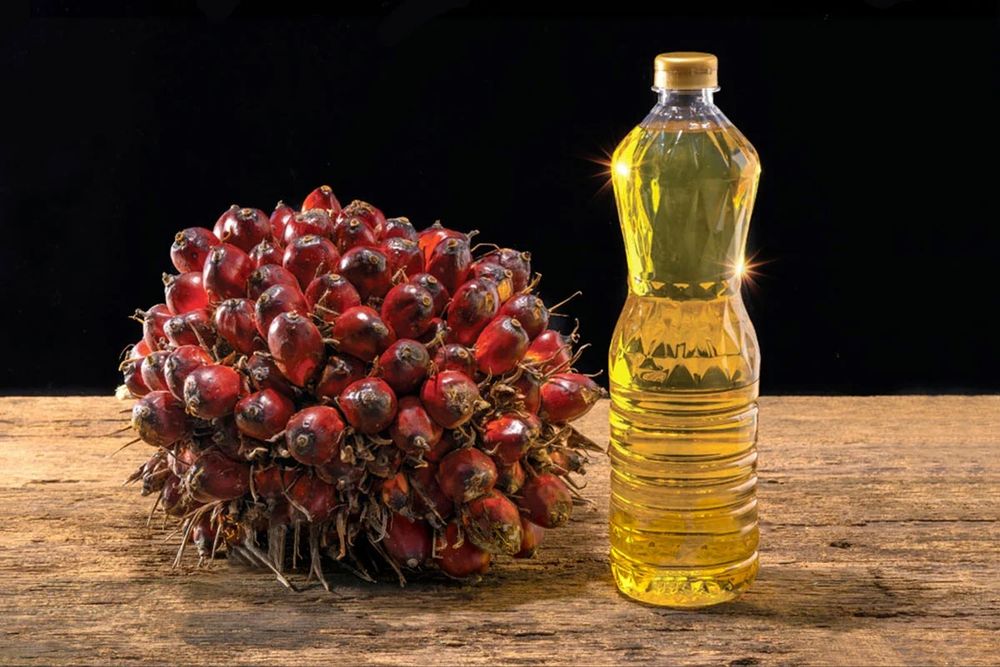Palm oil climbs to two-week high on muted Indonesia supply outlook

Malaysian palm oil futures rose to a two-week high on Wednesday, buoyed by prospects of weakening supply in the world’s largest producer Indonesia, although softer exports data capped gains.
The benchmark palm oil contract FCPOc3 for November delivery on the Bursa Malaysia Derivatives Exchange closed up 39 ringgit, or 1.05%, at 3,754 ringgit ($858.06) a metric ton.
The contract hit an intraday high of 3776 ringgit, its strongest level since Aug. 6.
“Indonesia production underperforming expectations is contributing to palm oil prices being uncompetitive versus soft oils, surprisingly at a time of the year when palm origin is typically going into peak production”, said Pranav Bajoria, director of Singapore-based brokerage Comglobal Pte Ltd.
However, this may change with palm oil import destinations again replacing palm oil with alternatives, and if Indonesia sales pick up, Bajoria said.
Dalian’s most-active soyoil contract DBYcv1 advanced 0.79%, while its palm oil contract DCPcv1 climbed 0.74%. Soyoil prices on the Chicago Board of Trade BOcv1 strengthened 0.82%.
Palm oil is affected by price movements in related oils as they compete for a share in the global vegetable oils market.
Malaysia has maintained its export tax for crude palm oil at 8% in September and raised its reference price.
Markets are expecting Indonesia’s palm oil reference price to rise, which has provided some support to Malaysian palm oil, since current export duties and levies would be lifted one bracket higher, said Anilkumar Bagani, research head of Mumbai-based vegetable oils broker Sunvin Group.
Capping gains in palm oil are Malaysia’s persistently weak palm oil export performance and a stronger ringgit, Bagani said.
Exports of Malaysian palm oil products for Aug. 1-20 fell between 16.7% to 18.4% from the previous month, data from cargo surveyor Intertek Testing Services and independent inspection company AmSpec Agri Malaysia said on Tuesday.
The Malaysian ringgit MYR=, palm’s currency of trade, inched up to an 18-month high on Wednesday.
A stronger ringgit makes palm oil less attractive for foreign currency holders.
Read also
Wheat in Southern Brazil Impacted by Dry Weather and Frosts
Oilseed Industry. Leaders and Strategies in the Times of a Great Change
Black Sea & Danube Region: Oilseed and Vegoil Markets Within Ongoing Transfor...
Serbia. The drought will cause extremely high losses for farmers this year
2023/24 Safrinha Corn in Brazil 91% Harvested
Write to us
Our manager will contact you soon



